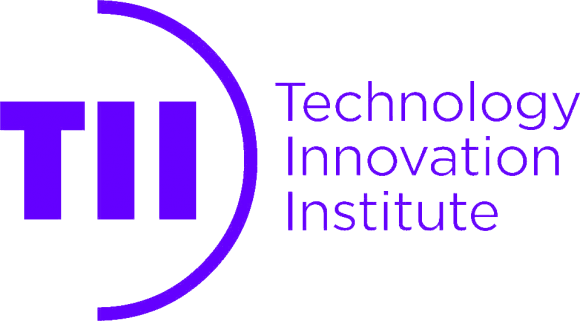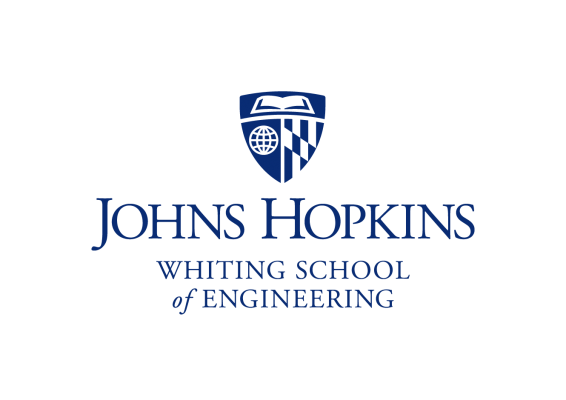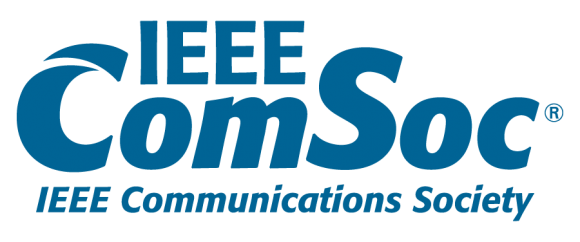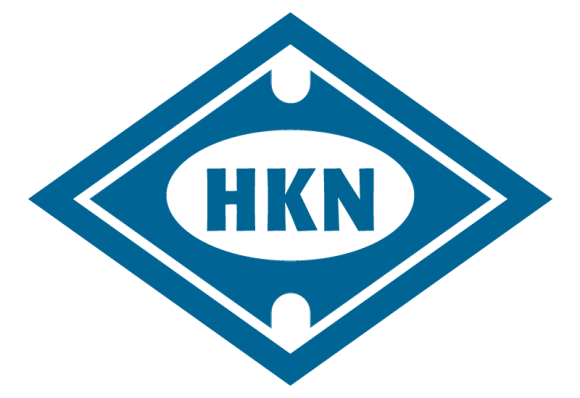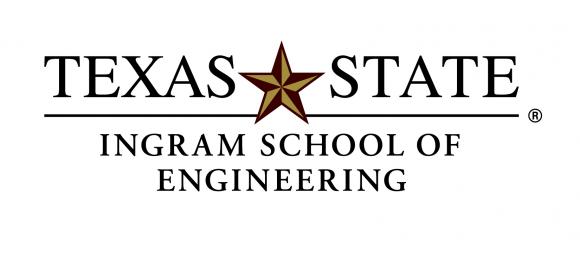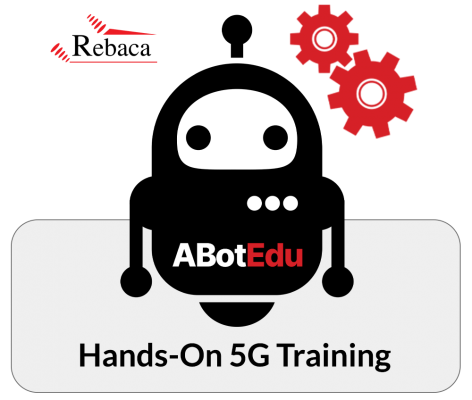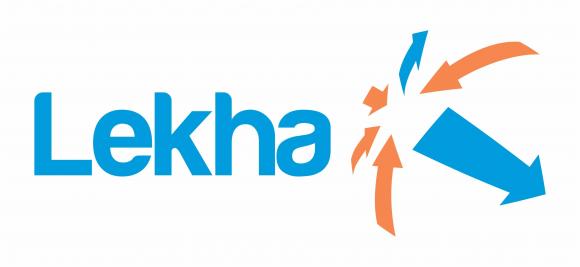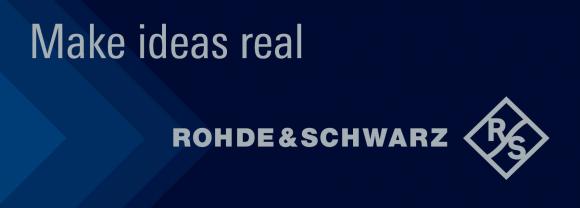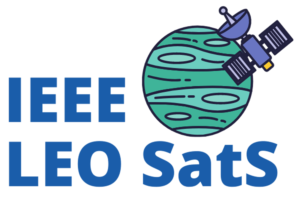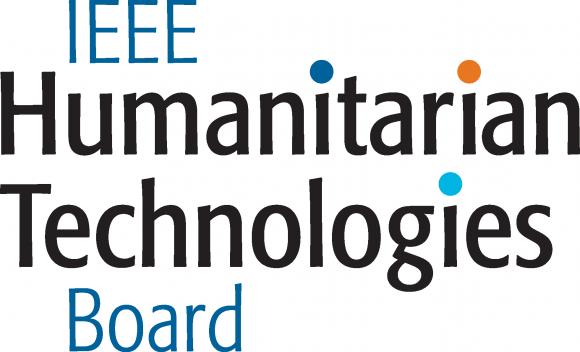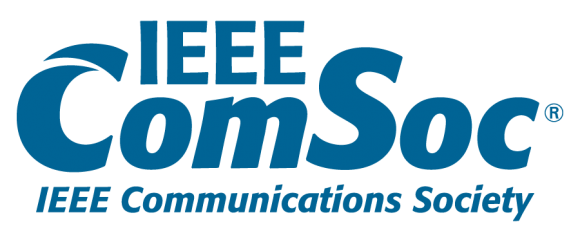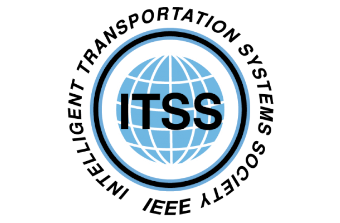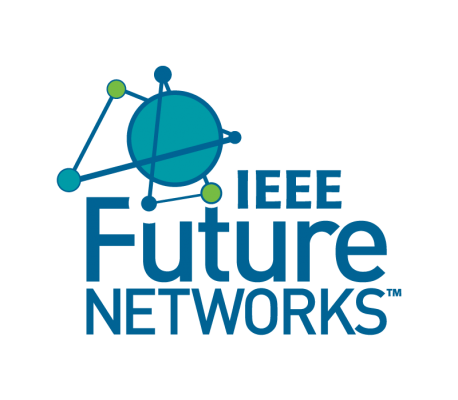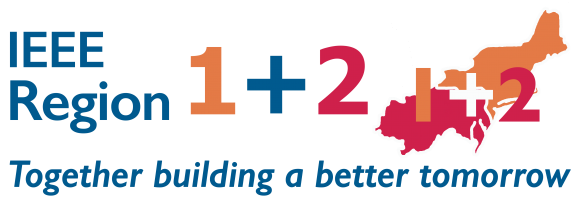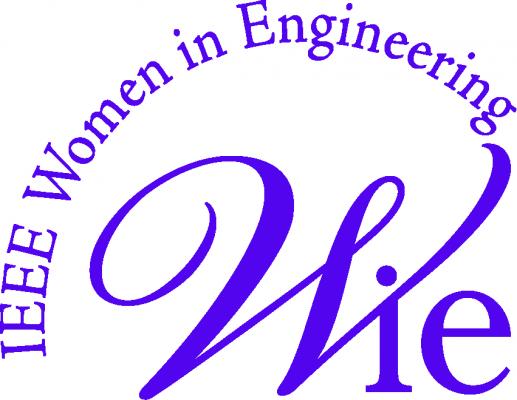PRESENTER
- Ranganai Chaparadza, Vodafone
- Baek-Young Choi, University of Missouri – Kansas City
- Sejun Song, University of Missouri – Kansas City
SCOPE
There are many standardization bodies in communications and networking such as 3GPP, ETSI, IEEE, IETF, ISO, ITU(-T), Wi-Fi Alliance, and Bluetooth SIG. Those different standardization bodies that have their own processes for developing, publishing, and administering those standards. While there are some similarities in their processes, they have distinct approaches to developing and publishing standards that reflect their different areas of focus and organizational structures.
This tutorial explores them in various aspects, What, Who, Why, and How, and discusses their similarities and differences. We also discuss issues such as ownership, openness and collaborations among standardization bodies, relationship with research, conflict resolution process, and dos and don’ts for successful standardization efforts. This tutorial will provide an understanding of the broad landscape of standardization bodies for anyone either in academia or industry who would like to use or contribute to the standardization activities.
SHORT BIO
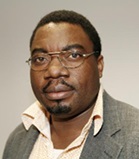 Ranganai Chaparadza, is a Senior Altran CapGemini Technical & Technology Consultant for Vodafone (and for other Telecommunications Network Operators as well) and Solutions Design Architect, while also supporting in the Standardization of Autonomic/Autonomous Networking in ETSI TC INT AFI WG. He is also IPv6 Forum Fellow representative in ETSI TC INT AFI WG to bring perspectives of IPv6 enablers for autonomic network setup and operation. He actively supports Network Operators in various aspects: Vendor Management and Solutions Selections on SDN/NFV and E2E Service Assurance Solutions for Telco Networks and Data Center (DC) Network Services; Business Development with Emerging ICT Technologies and Future Networks; Standardization Expert (ETSI, BBF, ITU-T, NGMN, TMF, 3GPP, IEEE, IETF, ONF, MEF); R&D; RFIs/RFQs/RFPs Processes and Solution Supplier Selection; SDN/NFV TCO (Total Cost of Ownership); Building Optimal Commercial Models for Transport SDN and NFV; Procurement Transformation in the Era of SDN/NFV; Products Innovation with SDN, NFV and AMC (Autonomic Management & Control) for Network Automation using ETSI GANA oriented Standards; ETSI 5G PoC on E2E Closed-Loop (Autonomic) Service Assurance and E2E Autonomic Security Assurance for 5G Network Slices. He is also contributor to IEEE INGR Future Networks Standardization Building Blocks (SBB) Roadmap WG, IEEE INGR Systems Optimization WG, and IEEE INGR Testbeds WG.
Ranganai Chaparadza, is a Senior Altran CapGemini Technical & Technology Consultant for Vodafone (and for other Telecommunications Network Operators as well) and Solutions Design Architect, while also supporting in the Standardization of Autonomic/Autonomous Networking in ETSI TC INT AFI WG. He is also IPv6 Forum Fellow representative in ETSI TC INT AFI WG to bring perspectives of IPv6 enablers for autonomic network setup and operation. He actively supports Network Operators in various aspects: Vendor Management and Solutions Selections on SDN/NFV and E2E Service Assurance Solutions for Telco Networks and Data Center (DC) Network Services; Business Development with Emerging ICT Technologies and Future Networks; Standardization Expert (ETSI, BBF, ITU-T, NGMN, TMF, 3GPP, IEEE, IETF, ONF, MEF); R&D; RFIs/RFQs/RFPs Processes and Solution Supplier Selection; SDN/NFV TCO (Total Cost of Ownership); Building Optimal Commercial Models for Transport SDN and NFV; Procurement Transformation in the Era of SDN/NFV; Products Innovation with SDN, NFV and AMC (Autonomic Management & Control) for Network Automation using ETSI GANA oriented Standards; ETSI 5G PoC on E2E Closed-Loop (Autonomic) Service Assurance and E2E Autonomic Security Assurance for 5G Network Slices. He is also contributor to IEEE INGR Future Networks Standardization Building Blocks (SBB) Roadmap WG, IEEE INGR Systems Optimization WG, and IEEE INGR Testbeds WG.
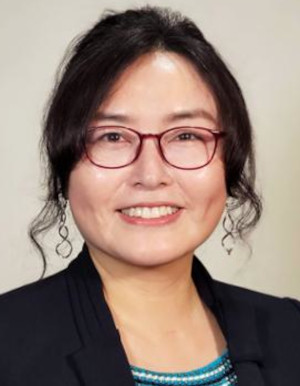 Baek-Young Choi is a Professor of Computer Science in the School of Science and Engineering at the University of Missouri – Kansas City (UMKC). She received her Ph.D. degree in Computer Science and Engineering from the University of Minnesota, Twin Cities. She published three books on network monitoring, storage systems, and cloud computing. She has been a faculty fellow of the National Aeronautics and Space Administration (NASA), U.S. Air Force Research Laboratory’s Visiting Faculty Research Program (AFRL-VFRP) and Korea Telecom’s - Advance Institute of Technology (KT-AIT). She has served as an associate editor for a number of journals, including IEEE Internet-of-Things Journal, Elsevier Journal Computer Networks, Springer Journal of Telecommunication Systems, and IEEE Consumer Electronics Magazine. Her research interests generally lie in the broad area of networking and communications, with specific emphasis on Internet-of-Things, software-defined networking, cybersecurity, and smart city technologies. She is a senior member of ACM and IEEE, and a Chair of Women in Communications Engineering (WICE) in the IEEE Communications Society.
Baek-Young Choi is a Professor of Computer Science in the School of Science and Engineering at the University of Missouri – Kansas City (UMKC). She received her Ph.D. degree in Computer Science and Engineering from the University of Minnesota, Twin Cities. She published three books on network monitoring, storage systems, and cloud computing. She has been a faculty fellow of the National Aeronautics and Space Administration (NASA), U.S. Air Force Research Laboratory’s Visiting Faculty Research Program (AFRL-VFRP) and Korea Telecom’s - Advance Institute of Technology (KT-AIT). She has served as an associate editor for a number of journals, including IEEE Internet-of-Things Journal, Elsevier Journal Computer Networks, Springer Journal of Telecommunication Systems, and IEEE Consumer Electronics Magazine. Her research interests generally lie in the broad area of networking and communications, with specific emphasis on Internet-of-Things, software-defined networking, cybersecurity, and smart city technologies. She is a senior member of ACM and IEEE, and a Chair of Women in Communications Engineering (WICE) in the IEEE Communications Society.
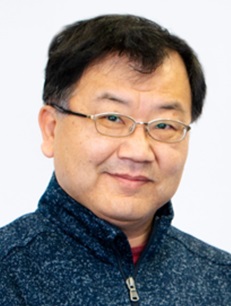 Sejun Song is an Associate Professor in Computer Science and Electrical Engineering at the University of Missouri – Kansas City (UMKC). Song conducts Cybersecurity, Machine Learning, Internet-of-Things, and Mobile and Wireless Communications research projects for transportation, smart agriculture, smart cities, and eHealth applications. Song received his Ph.D. in Computer Science and Engineering from the University of Minnesota, Twin Cities, in 2001. He worked for Texas A&M University, College Station (TAMU), as an assistant professor and a founding director of the Cisco Test Engineering Center (Cisco-TEC). Before joining academia, Song worked in industries including Cisco Systems and Honeywell Research Lab. He is a recipient of the Center for Teaching Excellence Scholar for excellence in undergraduate teaching, a Faculty Teaching Excellence Award, a NASA Summer Fellowship Award, Air Force Research Lab's Visiting Faculty Research Fellowship Awards, a Cisco Summer Fellowship Award, and several best research video/paper awards including CCNC 2019, ISC2 2018, Mobisys 2014, ICCCN 2014, and CIEC 2013. Several agencies have funded his research, including NSF, AFOSR, Cisco Systems, ETRI, NIST, AFRL, NASA, NIH, CDC, TAMU, KT Research, and MoDoT.
Sejun Song is an Associate Professor in Computer Science and Electrical Engineering at the University of Missouri – Kansas City (UMKC). Song conducts Cybersecurity, Machine Learning, Internet-of-Things, and Mobile and Wireless Communications research projects for transportation, smart agriculture, smart cities, and eHealth applications. Song received his Ph.D. in Computer Science and Engineering from the University of Minnesota, Twin Cities, in 2001. He worked for Texas A&M University, College Station (TAMU), as an assistant professor and a founding director of the Cisco Test Engineering Center (Cisco-TEC). Before joining academia, Song worked in industries including Cisco Systems and Honeywell Research Lab. He is a recipient of the Center for Teaching Excellence Scholar for excellence in undergraduate teaching, a Faculty Teaching Excellence Award, a NASA Summer Fellowship Award, Air Force Research Lab's Visiting Faculty Research Fellowship Awards, a Cisco Summer Fellowship Award, and several best research video/paper awards including CCNC 2019, ISC2 2018, Mobisys 2014, ICCCN 2014, and CIEC 2013. Several agencies have funded his research, including NSF, AFOSR, Cisco Systems, ETRI, NIST, AFRL, NASA, NIH, CDC, TAMU, KT Research, and MoDoT.



